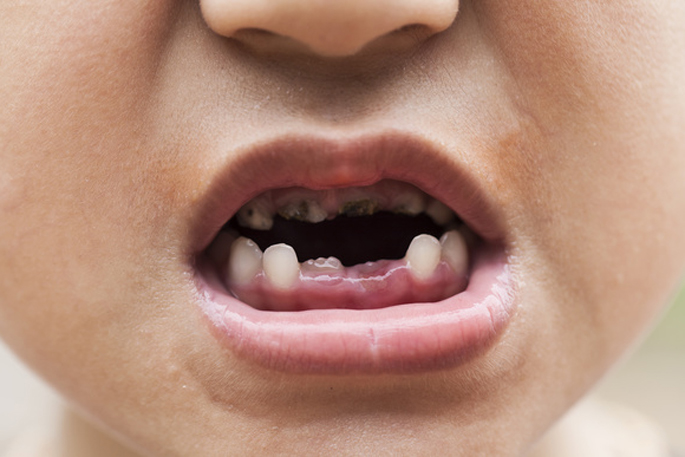Data from the New Zealand Health Survey 2021-22 provides an in-depth look into the oral health of New Zealand adults over the past decade.
The findings suggest overall improvements but highlight some key disparities between various demographic groups.
Across all surveyed groups, there has been a noticeable decrease in the incidence of teeth removal due to decay over the last decade.
This, in combination with the increased frequency of tooth brushing with standard fluoride toothpaste, suggests better oral health habits among New Zealand adults.
Of all surveyed demographics, the Asian population reported the highest levels of self-rated oral health, although there was a slight dip from 86.2 per cent in 2011 to 81 per cent in 2021.
Europeans and others were not far behind, with a self-rated oral health status of 79 per cent in 2021, slightly down from 80.1 per cent in 2011. However, Māori and Pacific populations rated their oral health lower, pointing to oral health disparities that require targeted efforts.
While tooth brushing habits have improved across all ethnic groups, a gap remains.
Among Māori, the percentage of adults brushing their teeth twice a day or more with standard fluoride toothpaste increased from 48.9 per cent to 56.4 per cent.
Among Pacific Islanders, the increase was from 59.3 per cent to 63.3 per cent, Asians reported an increase from 68.3 per cent to 76.5 per cent, and for Europeans and others, the increase was from 64.2 per cent to 69.2 per cent.
Interestingly, despite an overall reduction in tooth removal due to decay, disabled individuals reported higher instances of tooth removal and all teeth removal due to decay than other groups.
These findings underscore the importance of regular dental check-ups and good oral hygiene practices in maintaining oral health. Dental clinics play a vital role in providing essential oral health services and education to New Zealand communities. In this context, a visit to a dentist forms an essential part of maintaining one's oral health.
While the data offers hope in terms of overall oral health improvements in New Zealand, it also stresses the need for continued and targeted interventions to ensure equitable oral health outcomes across all population groups.
The responsibility lies not just with individuals, but also with healthcare providers, educators, and policymakers to address these disparities and work towards an equitable oral health future for all New Zealanders.



0 comments
Leave a Comment
You must be logged in to make a comment.